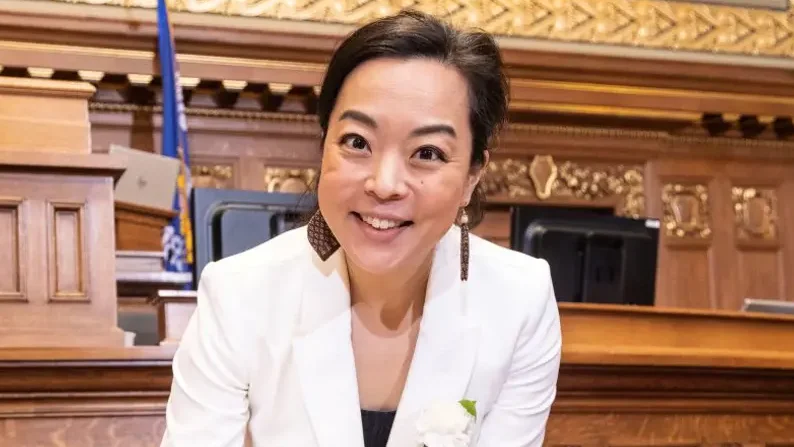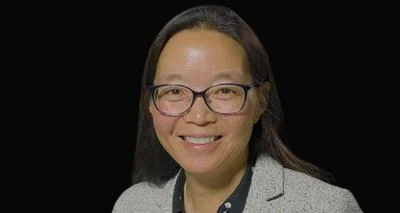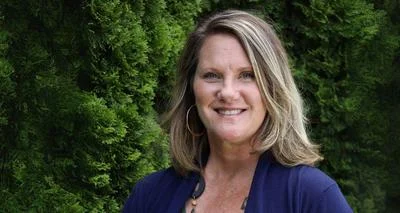Francesca Hong, Wisconsin State Representative for 76th District | www.facebook.com
Francesca Hong, Wisconsin State Representative for 76th District | www.facebook.com
According to the Wisconsin State Legislature's official website, the bill was described as follows: "local and private regulation of accessory dwelling units. (FE)".
The following is our breakdown, based on the actual bill text, and may include interpretation to clarify its provisions.
In essence, this bill mandates that local governments with zoning ordinances must allow at least one accessory dwelling unit (ADU) on every parcel where single-family or multi-family residential use is permitted by right, excluding conditional use. The bill prohibits jurisdictions from imposing additional fees, except standard building permit fees, or setting requirements for ADUs that do not apply to single-family dwellings. Prohibitions also include extra parking requirements, separate utility connections, or differing structure standards unrelated to habitability. Covenants or restrictions barring ADU construction in deeds or instruments are deemed void, and homeowners associations cannot restrict ADUs beyond health and safety needs. The legislation includes provisions for retroactive application concerning existing covenants and restrictions.
The bill was co-authored by Sen. Kelda Roys (Democrat-26th District), Rep. Margaret Arney (Democrat-18th District), Rep. Mike Bare (Democrat-80th District), Rep. Brienne Brown (Democrat-43rd District), and Rep. Ben DeSmidt (Democrat-65th District). It was co-sponsored by Sen. Sarah Keyeski (Democrat-14th District), Sen. Melissa Ratcliff (Democrat-16th District), and Sen. Jamie Wall (Democrat-30th District), along with three other co-sponsors.
Francesca Hong has co-authored or authored another 45 bills since the beginning of the 2025 session, with none of them being enacted.
Hong, a Democrat, was elected to the Wisconsin State Assembly in 2021 to represent the state's 76th Assembly district, replacing previous state representative Chris Taylor.
In Wisconsin, the legislative process starts when a senator, constituent, group, or agency proposes an idea for a bill. After drafting, the bill is introduced, numbered, and referred to a committee for review and public input. If approved, it moves through three readings and votes in both the Senate and Assembly. Once both chambers pass the same version, the bill goes to the governor, who can sign it, veto it, or let it become law without a signature. Only a small share of bills introduced each session ultimately become law. You can learn more about the Wisconsin legislative process here.
| Bill Number | Date Introduced | Short Description |
|---|---|---|
| AB365 | 07/17/2025 | Local and private regulation of accessory dwelling units. (FE) |
| AB342 | 07/08/2025 | Grants to hire school mental health professionals who are members of a racial minority group, granting rule-making authority, and making an appropriation. (FE) |
| AB341 | 07/08/2025 | Grants for prospective school social workers, granting rule-making authority, and making an appropriation. (FE) |
| AB339 | 07/08/2025 | Aid for comprehensive school mental health services and making an appropriation. (FE) |
| AB337 | 07/08/2025 | Training to address student mental health and making an appropriation. (FE) |
| AB57 | 02/24/2025 | Requirements concerning assistance in the detention of individuals who are or are alleged to be not lawfully present in the United States |
| AB48 | 02/17/2025 | Providing state aid to reimburse public and private schools that provide free meals to all pupils for the costs of those meals and making an appropriation. (FE) |





 Alerts Sign-up
Alerts Sign-up